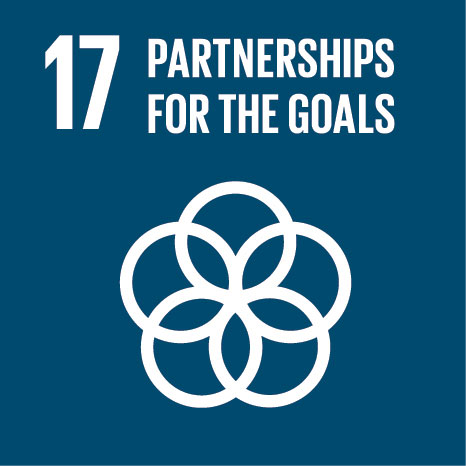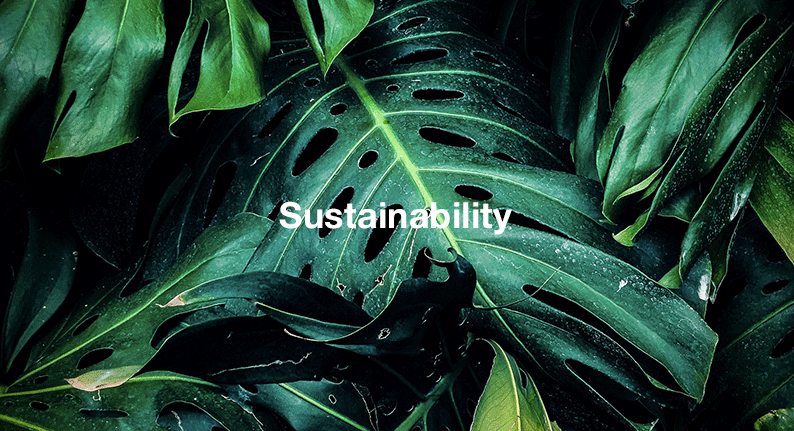Sustainable Development Goals 17: Partnerships for the Goals
25 Apr, 2020 12:31 AM / by Quek Leng Chuang

How We Relate to Sustainable Development Goals 17: Partnerships for the Goals
Partnering for the SDGs is the last one of the 17 Sustainable Development goals of the UN. How can it contribute to the successful implementation of all the other SDGs and what makes this sustainable development goal special?
In the introductory statement, the United Nations emphasize the importance of partnerships not only between governments, but also between the private sector and civil society.
This goal has the most comprehensive array of sub-targets of which the first treats the topic finance. In order to make the SDGs reality, financial resources are needed. Therefore, this part of the goal focuses mainly on providing these resources especially for developing countries. Developed countries seemingly have the resources for a faster transition towards a more sustainable world.
Why, however, did they not take more serious action so far?
Numbers reveal that countries worldwide spent 1.8 trillion dollars on defense in 2018. This incredibly high amount could be allocated to other, more sustainable and collaborative activities that bring our planet as a whole forward. For example fostering the development of renewable energy, acting together against climate change, implementing measures against food waste and doing research in order to find more solutions for environmental and social problems we currently face.
Next, the importance of connecting developing countries to technology as well is re-emphasized. This is in principle already stated in SDG 9, however, here the aspect of cooperation is more on the forefront. The transmission of sustainable technology to developing countries is mentioned here for example.
Moreover, capacity building shall help developing countries to implement all the sustainable development goals. The United Nations want to foster exports by developing countries too because today, the countries with the highest export volumes are still developed countries. Trade rules shall be made in favor of developing countries from now on. These trade goals however partly contradict other SDGs as more worldwide trade also means more emissions when we do not profoundly transform our transportation system, which, so far, mainly relies on fossil fuels.
Still, there are not enough environmentally friendly means of transportation available to transport goods over long distances. Therefore, we should question this goal.
Not more trade, but fairer forms of trade and a special focus on SDG 13 (Climate Action) is needed in order not to violate it.
In order to provide favorable conditions for improving the economic situation of developing countries, macroeconomic policy harmonization also belongs to this SDG. Global multi stakeholder partnerships for sustainable development and the promotion of reliable data collection also in developing countries complement this goal.
This overarching SDG restates the purpose of the United Nations, founded 1945 to end World War II. Will we also end war against nature? It is yet to be seen, but we stay optimistic.

Partner with us for your waste management needs. Get in touch today and let’s work towards a better world for generations to come.
Topics: Corporate Social Responsbility, Reimagining Sustainability, Sustainability in Singapore
Written by Quek Leng Chuang
LengChuang is a chemical engineer and an expert in carbonomics. He is the founder and owner of Environmental Solutions (Asia) Pte Ltd.
